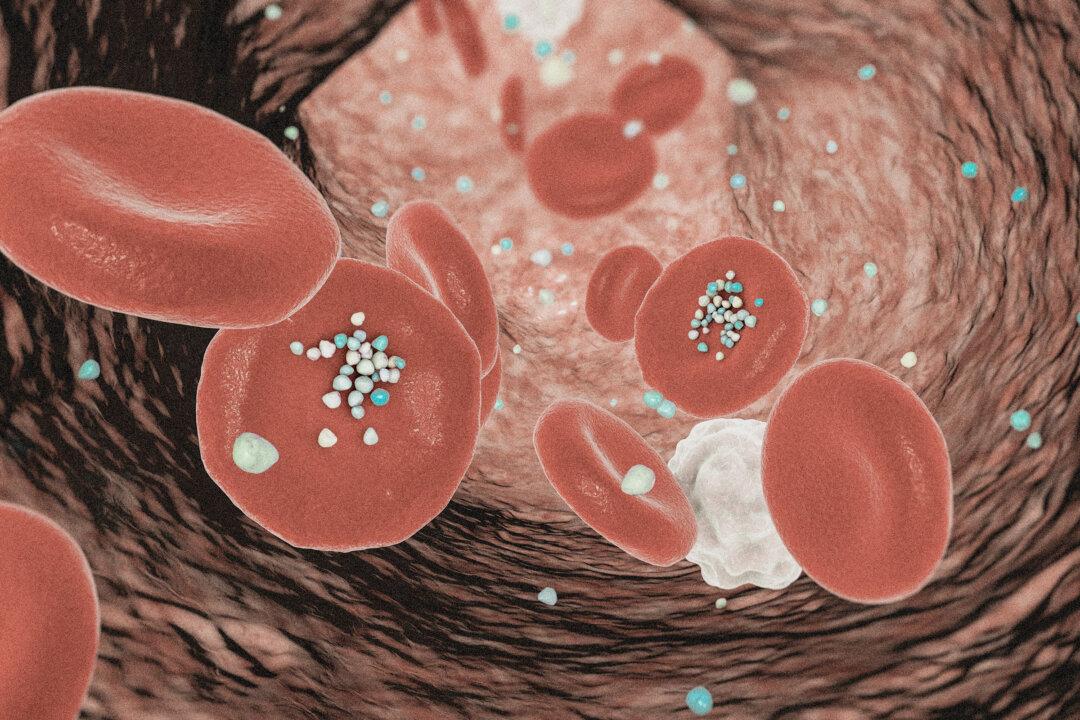Sleep Quality: The Strongest Predictor of Quality of Life
From 2015 to 2020, researchers sampled data from the Czech Household Panel Survey (CHPS), which maps the living conditions and describes the dynamics of long-term changes among Czech households and individuals. They analyzed 5,132 paper-and-pencil self-administered questionnaires.They investigated the effect of sleep on five variables that described quality of life: life satisfaction, well-being, happiness, subjective health, and work stress. For example, life satisfaction was measured with responses to the question, “All things considered, how satisfied are you with your life as a whole?”
Czech researchers also assessed three facets of sleep, average sleep duration, perceived sleep quality, and social jetlag. Sleep duration was calculated as the average of when respondents usually fell asleep and woke on free days and workdays.
They found sleep quality was the strongest predictor of all sleep variables in explaining differences in quality of life.
The study also found that improvements in sleep quality could lead to improvements in an individual’s subjective health, work stress, happiness, life satisfaction, and overall well-being.
Sleep duration and social jetlag were also important factors, but not as significant as sleep quality.
“While they didn’t compare quality to all sleep metrics, they did determine that perceived quality of sleep was more impactful upon quality of life than social jet lag or sleep duration,” said American Academy of Sleep Medicine spokesperson Dr. Seema Khosla, medical director of the North Dakota Center for Sleep in Fargo, North Dakota, told The Epoch Times.
Dr. Thomas Kilkenny, director of the Institute of Sleep Medicine at Staten Island University Hospital, part of Northwell Health in New York, said that he found the study “well planned and thought out.”
He explained that quality of life is a very subjective measure and different for everyone.
“As long we attain a minimal amount of sleep for the requirements of biologic health,“ said Kilkenny, ”everything after that is really a function of our innate sense of personal physical health, emotional well-being, and overall cognitive functioning.”
Does Sleep Quantity Matter?
While the Czech study found sleep quality more important than sleep quantity for quality of life, is this really the case for our health?Kilkenny pointed out that people need a minimum amount of sleep to satisfy the requirements for biological health. This includes cardiovascular health, muscle repair, and tissue growth.
“People with insomnia and short sleep are at higher risk of developing high blood pressure,” said Khosla. “This has to do with how the arterial walls get stiffer when we achieve less sleep.”
However, sleeping too long was also associated with increased cardiovascular risk.
Get Quality Sleep
“Sleep quality is a different item. It relates to one’s satisfaction with how well they slept,” Kilkenny said.He added that this depends on several factors, including time to fall asleep, depth of sleep, number of awakenings after one falls asleep, length of sleep, and importantly, your sense of well-being when you wake up.
“Someone can sleep seven-and-a-half hours and awaken feeling horrible and depressed, yet others can sleep six hours and feel well rested and in a good mood,” noted Kilkenny. “If one feels well rested in the morning, it improves the chances of having a good overall day and affects the other measures inherent to quality of life.”
Asked how we can improve our sleep quality, Kilkenny said there is a list of “sleep hygiene” rules we can follow.
“The rules include sticking to a consistent sleep schedule. Go to bed at the same time each night and wake up at the same time each morning,” he said.
- Cutting down on caffeine.
- Being physically active.
- Limiting daytime naps.
- Avoiding tobacco and nicotine.
- Avoiding alcohol.
Set an “ideal environment” that is quiet, dark, and relatively cool, he recommends, and avoid using sleeping pills when possible.





